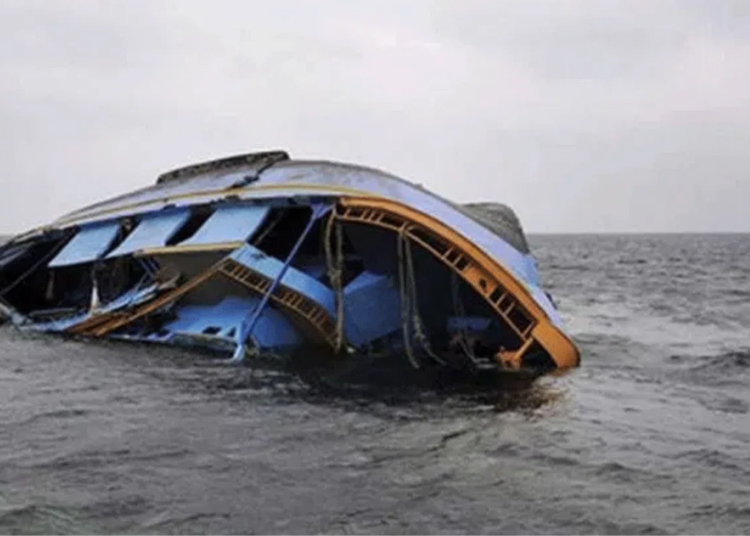OWnce again, Nigeria is mourning a tragedy on its waterways. On Independence Day, no fewer than 150 passengers were feared dead after a boat carrying over 300 capsized in the Niger River.
The incident occurred in Gwajibo village, Niger State, where the boat was headed for a Maulid Nabbiy celebration.
This marks yet another devastating boat accident in a country where such tragedies have become disturbingly common.
Last month, 40 people lost their lives in Zamfara State when a boat overturned in the Bakin Kasuwa River. In August, four more drowned in Sokoto State’s Wamakko local government area.
In June this year, over 100 people were killed while returning from a marriage ceremony in the neighbouring state of Niger. They were from Patigi, Kwara State.
In the considered opinion of this newspaper, the alarming frequency of these accidents should trouble us all.
According to an investigation by this newspaper, about 1,429 Nigerians have died as a result of various boat mishaps in the last four years.
Findings showed that northern Nigeria had the lowest water levels but the highest number of casualties, with experts attributing the incidents to poor craft maintenance, night voyages, and archaic vessels.
In 2024 alone, investigations showed that Lagos experienced 21 casualties, while in a few months and weeks, Adamawa had 28 casualties, Niger 30, Kwara 100, Delta 5, Zamfara 40, and Kano 3.
At what point do we call this what it is: an epidemic? For too long, these tragedies have flown under the radar, barely registering as national emergencies.
In Kebbi State alone, the number of deaths from boat accidents rivals those from the insecurity plaguing the region. And yet, the issue remains on the periphery of national discourse.
Sadly, the victims of these accidents are often the economically disadvantaged, rural dwellers for whom water travel is not a choice but a necessity.
While air and rail passengers enjoy robust safety regulations, those who rely on Nigeria’s waterways remain vulnerable to lax enforcement and systemic neglect.
President Bola Tinubu recently ordered an investigation into the spate of boat accidents, directing the National Inland Waterways Authority (NIWA) to assess the situation and propose solutions. But investigations, though necessary, are not enough.
NIWA has also issued warnings, cautioning against night travels and vowing to crack down on overloading and the absence of life jackets. Yet these regulations are often ignored by boat operators, driven by greed to overload their vessels. Corruption further worsens the situation, as enforcement is inconsistent and safety becomes a mere afterthought. The result: more lives lost.
The causes of these accidents are as predictable as they are preventable – overloading, poor maintenance, adverse weather, and the absence of basic safety regulations. Life jackets, a critical safety measure, are often not provided, and even when they are, there is no enforcement of their use. Passengers are left to navigate treacherous waters at their own peril.
But what is perhaps most shocking is that the measures needed to prevent these accidents are neither expensive nor complex. It does not take millions of naira to enforce a rule requiring life jackets, conduct routine boat inspections, or ensure that boats are not dangerously overloaded.
These are basic safety measures that should be in place by default, not afterthoughts to be debated following yet another loss of life. The regulations exist – what’s lacking is the political will to enforce them.
Needless to say, NIWA must move beyond issuing warnings and actually enforce the safety regulations already on the books. Boat operators who flout these rules should face swift and severe penalties.
Safety checks should be mandatory before any vessel sets sail, and there should be a zero-tolerance policy for overloading and the failure to provide life jackets.
More broadly, the government must prioritise the safety of its waterways, just as it does for air and rail travel. The lives of our citizens – often the most vulnerable – cannot continue to be sacrificed in the name of profit.
The question before us is simple: How many more must die before we act? If we fail to address this crisis now, the next tragic headline is not a question of if but when. The time for half-measures has passed. Only with real, systemic change can we put an end to this epidemic of boat mishaps and ensure that Nigeria’s waterways are safe for all.





